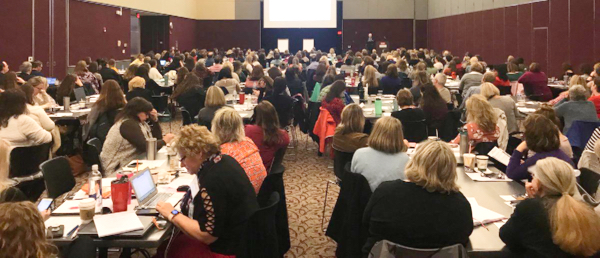WHAT DO I NEED TO DO FOR THE WEEK OF August 3 2020:
(send all feedback to [email protected])
Dear Expert Team,
Your dedication and commitment has been indescribable in offering your expertise as we have worked to develop an action plan and feasible measures to transform the care we deliver moms and babies dealing with the challenges of Opioid Use Disorder. I know well thanks are not necessary, you are following your servant's hearts, but thank you anyway.
We are planning one final clOUDi Expert Team gathering prior to our launch in January. We will be holding a virtual meeting on September 8th from 12-2. This meeting is intended to be a wrap up session and celebration, but I would also like to have a more detailed conversation about how we partner with prenatal community care providers throughout North Carolina. We had decided that in this first year a reasonable goal is to collaborate with hopefully several large pilot outpatient groups in examining how well we screen all mothers prenatally for OUD, how we might gather this information and based on our results develop methods to screen and intervene more effectively.
Click here to register for this meeting
To that end, several Expert members had suggested that their clinics or provider groups might be interested in participating in this pilot community assessment. Now is the time to carry out such a discussion with your teams in earnest and get formal notice of interest to us at PQCNC.
Provider Group or Clinic interested in participating - let us know!
For those of you with hospital relationships, we are open to accepting letters of intent from facilities. Start talking this up and get your teams to PQCNC to get registered for clOUDi!
Click here to register for the PQCNC clOUDi Initiative
January may seem a ways away during the dog days of Covid summer, but it will be here in a flash. We need you beating the bushes for community and hospital teams!
We can make North Carolina the best place to give birth and be born!
Let's do this!
- Marty McCaffrey


